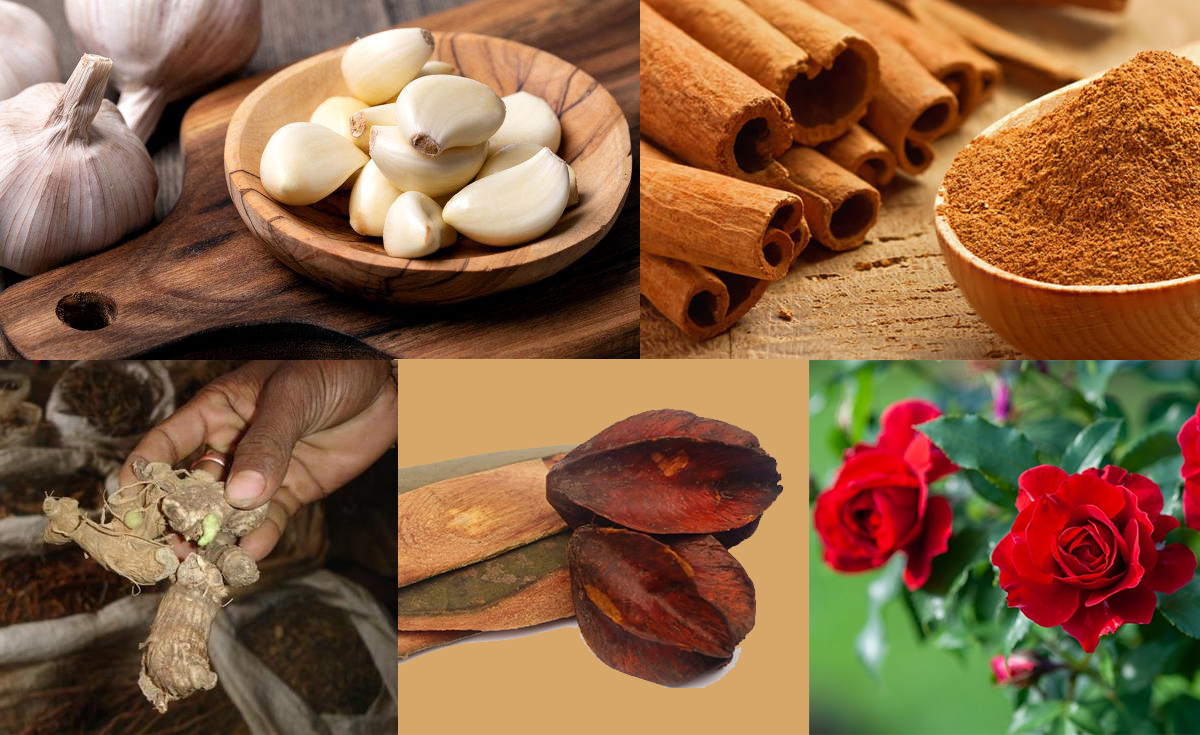The heart is the centre of emotion, so the state of our emotional health has a strong effect on our heart health. By meditating, etc you can help both your emotional and heart health. Heart-related diseases are very common given the stress and lifestyle of today. They can be avoided by adopting simple dietary changes and lifestyle alterations. But few dietary changes and lifestyle habits when changed can improve the heart condition and make it healthy beating.
How Diet plays an important role?
A healthy diet is the first step toward a healthier heart. Eating lots of vegetables, fruits, beans, whole grains, healthy fats like olive oil, and lean protein like fish and chicken, can’t be beat for preventing heart attacks and strokes.
But how you prepare these foods also makes a big difference. A variety of herbs have been shown to give your heart an additional health boost.
HIGHLIGHTS:
A healthy heart blesses you with a trouble-free life where you’re able to do almost anything you want without being held back. While the seriousness of heart problems makes consulting a doctor integral, there are a number of home remedies and guidelines that you can use as preventive measures against heart problems.
To keep it healthy, you can use herbs prescribed by Ayurveda. The most effective ones are Arjuna, Ginger, Lavang, Twak (Cinnamon) and Pushkarmool etc. Let us know more about their benefits in detail, what role they play in improving our heart condition.
CINNAMON
Cinnamon helps the heart in several ways. Cinnamon helps to lower blood sugar levels and is packed with antioxidants. It is regarded as one of the top healing herbs and spices for increasing antioxidant levels in the blood which in turn promotes heart health. Sprinkle a pinch of powdered cinnamon on your breakfast cereals or add it to your tea or curd. You can also add a small piece of the whole bark to your cooking for that aroma and added taste. It also lowered blood sugar, protecting against Madhumeh, which increases the risk for heart attacks and strokes.
ARJUNA
Arjuna is an amazing heart tonic and cardio-protective herb. It is potent in strengthening the cardiac muscles, improving the circulation of coronary artery blood flow and prevents the heart muscle from ischemic damage. A decoction of Arjuna with milk is a best-known cardiac tonic.
- Controls Blood Pressure
- Fights inflammation
- Regulates blood sugar
- Helps heal wounds
PUSHKARMOOL (Inula racemosa)
Pushkarmool is an Ayurvedic herb which offers path breaking results in chest pain, cough and respiratory discomfort. It is a useful herb that is used for treating bronchitis and heart diseases. The botanical name of this herb is Inula racemosa and it is probably one of the powerful herbs. It is basically an Asian plant belonging to the daisy family. The roots of this plant are used in the form of indigenous medicine and even as an expectorant.
It is widely used in various health problems like asthma, chronic cough, sinusitis, cold, emphysema, lung collapse and COPD. It is probably one of the most versatile herbs that can be used for its multiple medicinal benefits.
ROSE (gulab)
Rose supports a healthy heart on both the physical and energetic levels. The fruit (rose hips) are antioxidant-rich, contain high amounts of vitamin C and help to strengthen the capillaries. The petals are quintessential energetic heart medicine — uplifting, soothing and connecting us to feelings of love. Both can be found as supplements, and rose petals can be found as rose water or rose essential oil.
GARLIC
Most of us are familiar with garlic, the strong-smelling bulb frequently used in cooking. But what you might not know is that eating garlic may protect your heart from changes that lead to heart disease.
As you age, some hardening of the arteries is normal. This is called atherosclerosis and occurs as fatty deposits made up of cholesterol and other substances build up on the inside of your artery walls. Factors such as smoking, high blood pressure and high cholesterol can make it worse. As the build-up increases over time, the arteries narrow. This can make you susceptible to heart attacks and strokes.

